Stop me if you’ve heard this before: Imagine an operating system that’s focused on using the web browser and you can’t install traditional desktop apps on. No, I’m actually not talking about Chromebooks, and if I was, that would be an outdated thought experiment since you can install full desktop Linux apps on Chrome OS. I’m talking about upcoming devices running Microsoft Windows 10X, a “lite” software platform that is reportedly debuting in roughly 9 months.
You may not recall that Microsoft tried a similar approach in 2012 with Windows RT and the first Surface device.
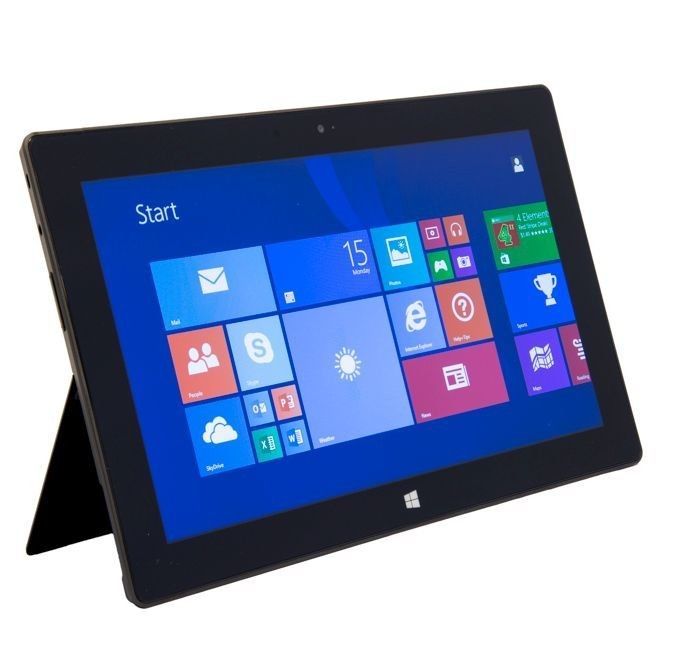
Indeed, it reminded me much of what I like about Chromebooks: A simplified user experience, a good productivity suite, and something else not available to Chromebooks at the time, a dedicated app store. Chrome OS later added support for Android apps through Google Play and the selection of software is exponentially broader than what Microsoft Store offered to RT users. Overall, however, I really did like where Microsoft was going with Windows RT.
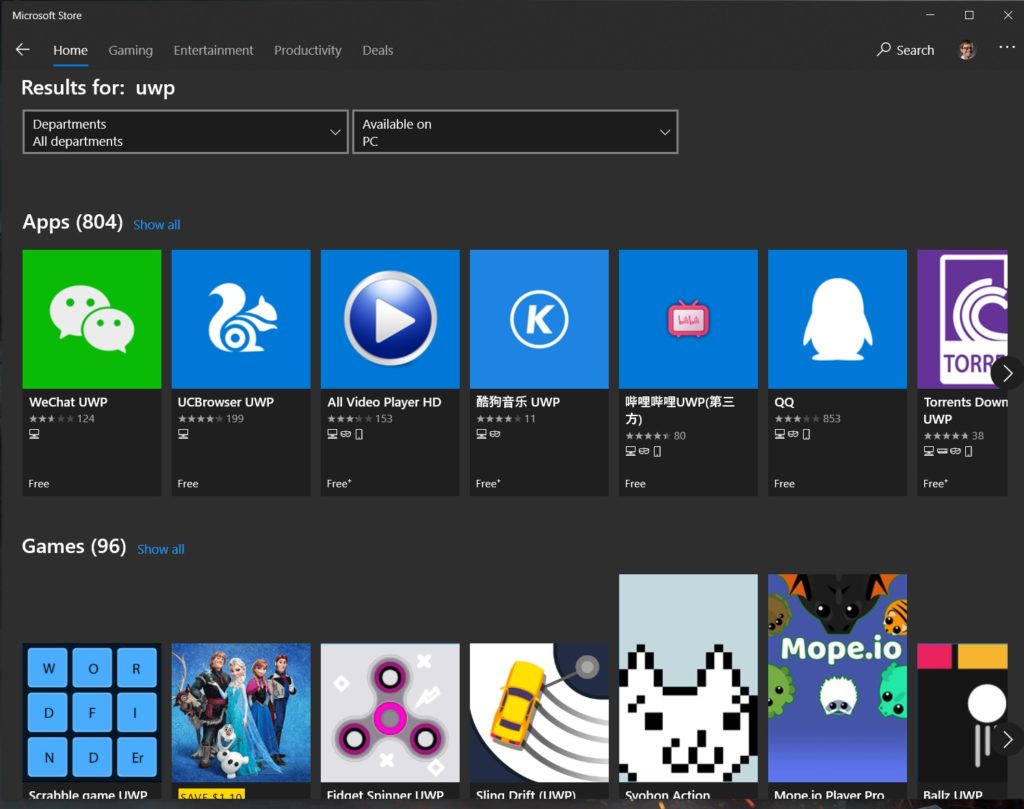
Alas, it didn’t take off and Windows RT was essentially dismantled in 2015. Now it looks like Windows 10X is a newer, more modern iteration of the RT vision.
So what’s expected if you get a Windows 10X device?
A great browsing experience, with the obvious choice being Edge. That’s good, given that Edge is based on Chromium, as is the Chrome browser you run on Chromebooks today. I’d say Chrome is actually getting and will continue to get better as Microsoft contributes to Chromium.
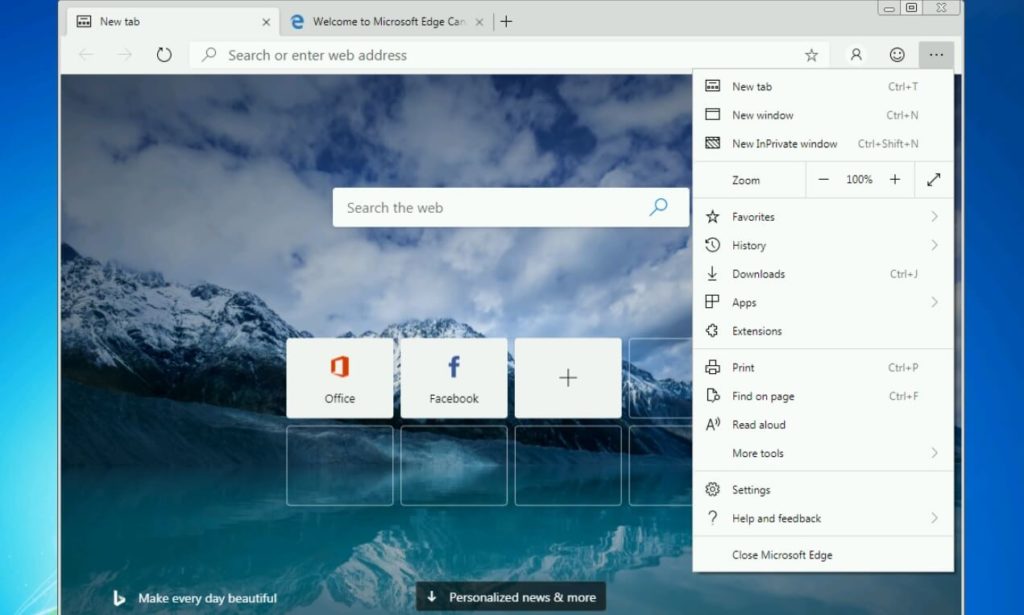
“Native” apps will be in the form of Microsoft’s Universal Windows Platform (UWP), which is the company’s effort to reduce code rewriting. In the UWP world, you can develop an app in any supported programming language and it will run on Windows, Android, or iOS, for example.
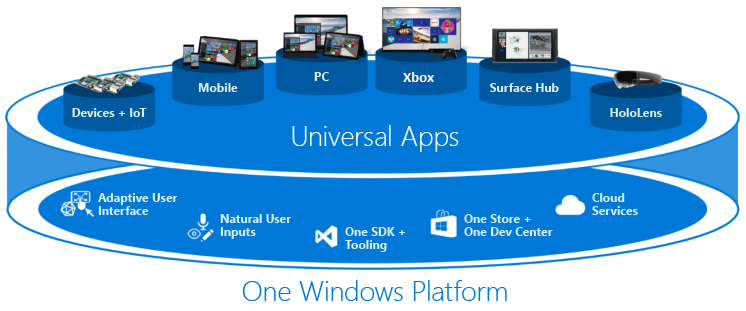
Given that Microsoft is now an official Android partner to Google, it’s possible — likely, even — that Windows 10X users could have Google Play support on their Windows 10X devices. That would certainly help the platform’s cause, but it’s not a differentiator to Chromebooks.
Eventually, Win32 apps may be supported on Windows 10X through containers, similar to how Android and Linux are supported on Chrome OS today. Or perhaps those legacy desktop apps will be made available remotely. Regardless, this is the biggest challenge Microsoft will have to overcome if it wants Windows 10X devices to be appealing Chromebook alternatives.
Why? For the same main reason Windows RT died a slow painful death: People didn’t want a Windows device that couldn’t run traditional Windows apps.
Let me put it a different way, in an admittedly arguable point. How many people use Windows because they actually like Windows as compared to people who use Windows because they want or need to run Windows desktop apps?
Nobody knows the actual answer in aggregate of course. However, you can look at current non-Chromebook buyers to get an idea.
When people scoff at Chromebooks incorrectly by calling it “just a browser” or say “I can’t do my work on a Chromebook” (and I don’t argue with them on that point, it’s very possible a Chromebook won’t meet their needs), they generally add “…… because I can’t run [INSERT WINDOWS APP HERE].”
It could be Photoshop, the full version of Office, some PC game title, a high-compute 3D modeling or scientific app, CAD software, etc…. you get the idea.
I have yet to hear someone say “…… because I really enjoy using Windows.”
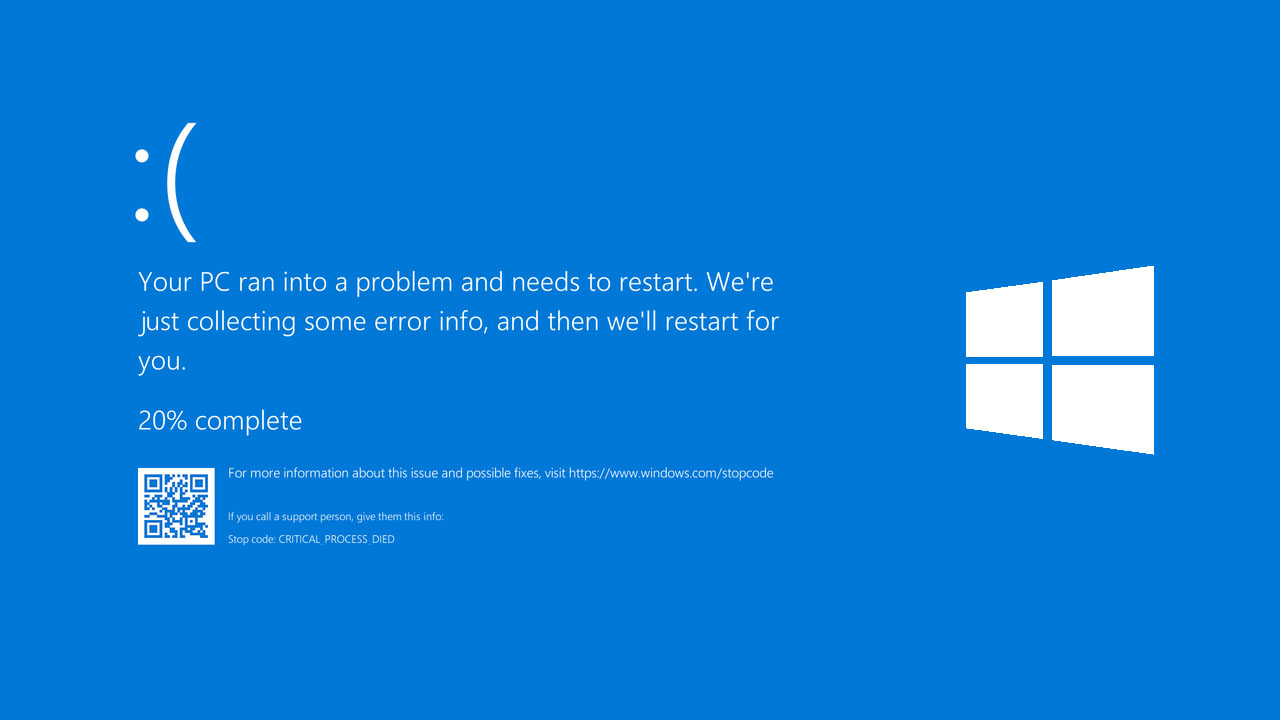
I’m not saying there aren’t people who enjoy Windows. I know they’re out there. But I’d posit that most people use Windows because it’s the only game in town for the apps that they want or need to use.
And that’s a huge hurdle for Windows 10X based on the reports we have today.
Perhaps Microsoft can overcome it; I’ve learned never to bet against the company. But that’s a big “if” right now. And if Windows 10X doesn’t overcome that challenge, I don’t see it becoming a major competitor to Chrome OS devices. How can it be when Microsoft has the same hardware partners as Google?
Th;ink of this way: If you’re a Acer, Asus, Dell, HP, or Lenovo you’re already making Chromebooks. You can probably reuse much of the hardware design from those devices for Windows 10X, so there’s some cost savings there. But will the retail price points differ between a similar Chromebook and a Windows 10X device? I doubt it.
At that point, what’s the reason for a potential Chromebook buyer to choose a roughly equal-priced Windows 10X device?
Without Windows apps, there isn’t one. And as Chrome OS gains more capabilities and ways to run apps, there’s little incentive to choose a platform with fewer app options. Sure, Microsoft can avoid some of this with Windows apps in a container, but the better Chrome OS becomes, the more options away from Windows apps there are.
It’s a tough situation for Microsoft and although I’m intrigued by what the future will bring to Windows 10X, I’m not sure it will be an appealing Chromebook competitor for the masses.


9 Comments
1. Why don’t Microsoft just start on OS from scratch with some sort of built in Emulator for old Windows apps, just like Chrome OS has Linux Beta. It’s gotta be a better option from a technical and marketing position than rehashing Windows. You might say it would publicly admitting Windows is poor, but as you say everyone including my dog knows that already. They could even have a another shot at phones with this new OS.
2. People do like Windows, like XP or Win 7, but every time people start to like Windows, Microsoft take it away from them.
3. I think Apple with the whole Arm / IOS apps on Mac a bigger threat to Chrome OS. Especially as more pricier Chromebooks appear / are needed the price differential is becoming less.
4. Chromebooks rock but google can’t sell to the masses their marketing is a poor as Microsoft. If Steve Jobs was at Google for 5 mins he would have conquered the world twice over with Chromebooks and still had time left over to sort Disney out as well.
I really like your #4, James. ?
In a sense, MS has the same problem with Windows that Google has with Android, which is that it has to be careful not to compete against itself. Google has done a reasonably good job of trying to make Chrome OS complimentary to Android. The other thing that Google has done well is engulf EDU by making Chromebook adoption irresistible to IT (cloud-based Admin console, security), teachers (Classroom, gSuite), and school boards (affordability, low maintenance cost). But MS’s trademark identity is that it (almost) never gives up. It just adapts until it wins. No one would ever say that to describe Google. So it’s best to regard Windows 10X is part of that process.
windows is just a habit for most users
and like smokers who know that they are paying too much for somthing they cant jusify they try and justify it anyway.
One of the selling points for Chromebooks is that they are *not* Windows. So those of us who only use Windows when we absolutely have to. . .will not be drawn to 10X.
Any OS from Microsoft that does not run Win32 apps must abandons the tired name, “Windows.” If the word “Windows” is anywhere in the title, most people will expect it to run legacy Win32 apps as usual. Windows has inertia, but MS needs to let it coast to a halt instead of goading it on in perpetuity. Let the past go. Evolve, pivot, use a new name for a new OS.
Completely agree. Windows in the branding suggests full Windows app compatibility
This will be a big threat to ChromeOS. People do not like navigating chromeOS, And it’s usage as a budget OS has damaged its reputation. If MS can pull off win32 emulation well and bundle stuff like Word or MS365, it will be difficult for Google.
Windows’ major problem is that Bill Gates and Paul Allen started in computers by building compilers for microprocessors in the ’70s and Microsoft is still stuck with a design of Windows that thinks of computers as stand-alone objects with security as an add-on. Steve Jobs, with his experience with the NEXT computer, realized that the only viable model for security built into the operating system at day one was the UNIX model developed by Bell Labs again in the ’70s. Since Berkeley computer science students had re-constructed UNIX by replacing the OS routines with their own versions, the resulting product being from a state university was in the public domain. Rather then develop his own version of UNIX from scratch, he used Berkeley UNIX as the basis for Darwin and had the Mac graphics interface overlaid over that. Meanwhile, in the ’90s, Linus Torwalds succeeded in developing a viable kernel for a PC and re-engineering the UNIX routines over that. This became the basis for Linux, which has a GPL licence that makes it illegal to develop any closed source interface over that.
The only way forward for Microsoft that would alleviate the security and other design problems is to start with Berkeley UNIX and develop a modern 64bit closed source OS from it and run the old Windows 32bit programs in individualized sandboxes within a rejuvenated Windows.